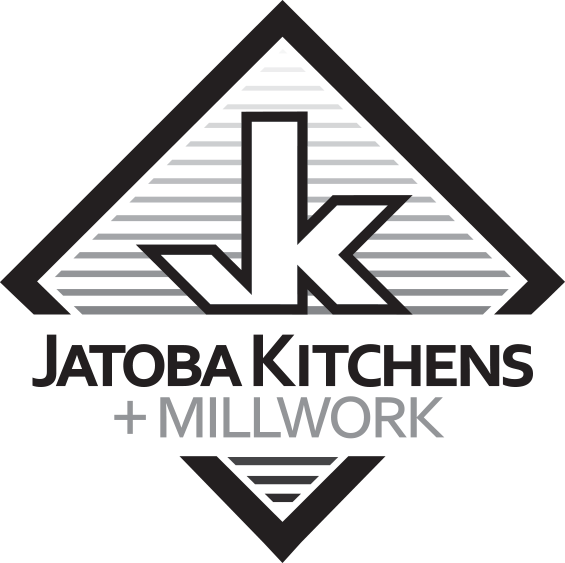The kitchen is the heart of every home, and an increasing number of homeowners are seeking ways to incorporate eco-friendly elements into their custom kitchen designs. Striking the perfect balance between aesthetics, functionality, and sustainability ensures a space that not only meets your needs but also reflects your commitment to the environment. Jatoba Kitchens specializes in creating high-end, custom kitchen designs tailored to your unique preferences while offering expert guidance on how to integrate environmentally friendly features seamlessly.
In this educational and informative article, we will explore various approaches to create a sustainable custom kitchen design, encompassing material selection, energy-efficient appliances, and innovative design practices. We will also showcase how Jatoba Kitchens prioritizes environmental responsibility while maintaining our signature style and commitment to exceptional quality workmanship. By adopting these eco-friendly strategies, you can create a comfortable, beautiful, and sustainable kitchen that minimizes your environmental footprint without sacrificing your dream kitchen vision.
Choosing Sustainable Materials for Your Custom Kitchen Design
One of the most effective ways to create an eco-friendly modern kitchen in Toronto is by selecting sustainable materials that are durable, renewable, or recyclable. Some popular choices include:
1. Bamboo: A renewable and fast-growing resource, bamboo is an excellent option for cabinetry, flooring, and countertops. It offers a unique aesthetic appeal while reducing the environmental impact of traditional wood.
2. Reclaimed or FSC-Certified Wood: Opt for reclaimed wood or lumber certified by the Forest Stewardship Council (FSC) to ensure responsible forest management practices. These options can be used for cabinetry, flooring, and countertops to create a rustic and eco-conscious design.
3. Recycled Glass: Ideal for backsplashes and countertops, recycled glass materials not only add a unique visual element to your kitchen but also help reduce landfill waste.
Incorporating Energy-Efficient Appliances
Equipping your custom kitchen with energy-efficient appliances is a practical way to reduce your energy consumption, lower utility bills, and diminish your carbon footprint. Consider the following tips:
1. Look for ENERGY STAR Certification: Appliances with ENERGY STAR certification, such as refrigerators, dishwashers, and ovens, use less energy without compromising performance.
2. Install a Water-Efficient Faucet: By choosing a faucet with a low flow rate, you can significantly reduce water consumption in your kitchen.
3. Utilize Smart Appliances: Smart appliances can help optimize energy usage by allowing you to monitor and control their operation remotely.
Adopting Waste-Reducing Strategies
Minimizing waste is essential to creating a sustainable kitchen. Employing waste-reducing strategies will help you lessen your kitchen’s environmental impact and reinforce your eco-friendly goals. Some effective methods are:
1. Composting: Incorporate a composting system into your kitchen design to minimize landfill waste and create nutrient-rich compost for your garden.
2. Recycling: Incorporate dedicated containers within your cabinets or drawers to encourage recycling and reduce household waste.
3. Use Sustainable Kitchenware: Replace plastic and disposable kitchen items with eco-friendly alternatives, such as bamboo utensils, glass food storage containers, and reusable silicone bags.
Designing Strategies for Optimal Efficiency
Integrating design features and practices that optimize energy and water efficiency can significantly impact your kitchen’s eco-friendliness and performance. Consider the following:
1. Daylighting: Maximize the use of natural light through well-planned window placements and skylights to reduce the need for artificial lighting during the day.
2. LED Lighting: Opt for energy-efficient LED bulbs for task, ambient, and accent lighting in your kitchen to minimize energy consumption.
3. Green Materials for Insulation: Choose eco-friendly insulation materials, such as cellulose, mineral wool, or sheep’s wool, to improve energy efficiency and reduce heat transfer in your kitchen space.
Crafting Your Sustainable Dream Kitchen with Jatoba Kitchens
Creating a custom kitchen in Toronto that seamlessly blends style, functionality, and sustainability is an attainable goal with thoughtful planning and informed choices. By selecting eco-friendly materials, incorporating energy-efficient appliances, adopting waste-reducing strategies, and designing for optimal efficiency, you can achieve a beautiful and environmentally conscious kitchen that aligns with your desire to preserve the planet for generations to come.
At Jatoba Kitchens, we specialize in high-end, custom kitchen designs that not only look stunning but also align with your commitment to sustainability. Our skilled team is dedicated to delivering unmatched craftsmanship, guiding you through every step of the process to create a kitchen that is both stylish and environmentally conscious.
Start your journey towards a sustainable, beautiful kitchen today by partnering with Jatoba Kitchens. Let us help you bring your dream eco-friendly kitchen to life with personalized design and expert service! Reach out now!


